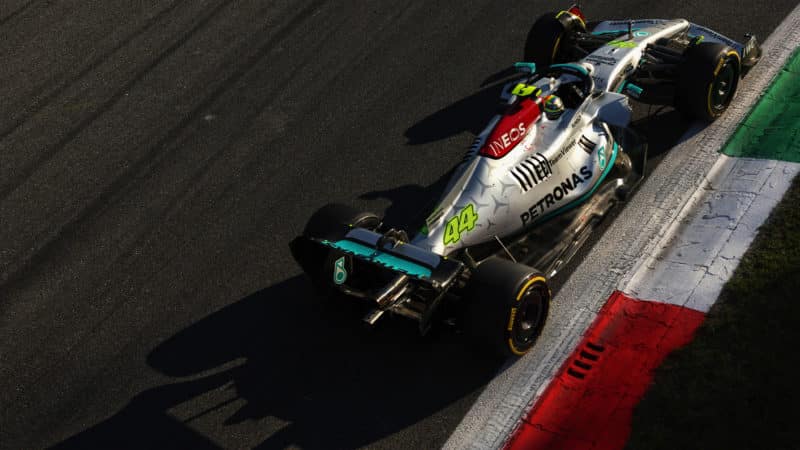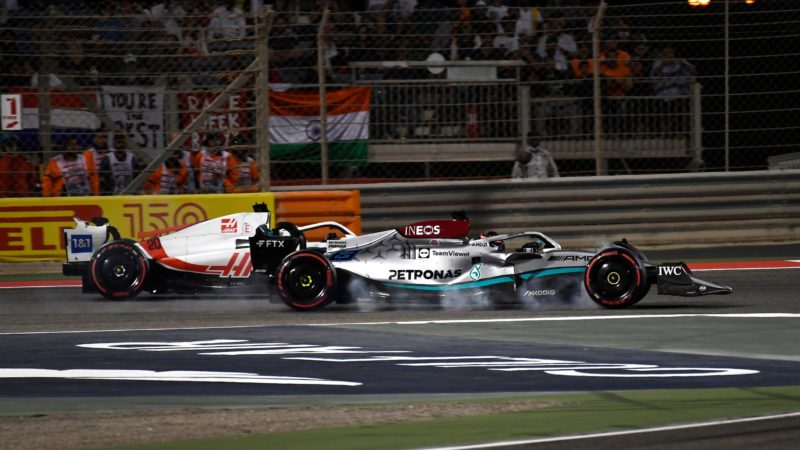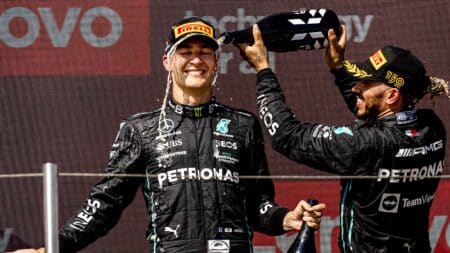So, with a good working knowledge of the design hazards of this generation of ground effect car now in place, the Mercedes technical team can get on with making a state-of-the-art version without the built-in restrictions. That’s the theory.
But while Mercedes has spent a season working around the limitations it baked into the car, Red Bull (and to a lesser extent Ferrari) have been developing something which was fundamentally sound in the first place. By definition it might be assumed it will be further on in its learning and ready to develop something even more effective.
But Mercedes feels that in addressing the very fundamentals in trying to understand just what was wrong with the car in the first place, it may have reached a higher degree of understanding than those whose car worked well immediately. It may have been forced to dig deeper and to have found things in that process which give a fuller understanding of ‘why’ rather than just ‘what’.
Which brings us back to no team ever understanding exactly why it’s car is slow or quick relative to the opposition, but has just a working knowledge and best-fit analysis. Are we poised at the beginning of a Red Bull/Verstappen multiple year domination? Or set for a rematch of the 2021 dog-fight, perhaps with Ferrari in the mix too? The work which will determine those answers is fully ongoing right now.




